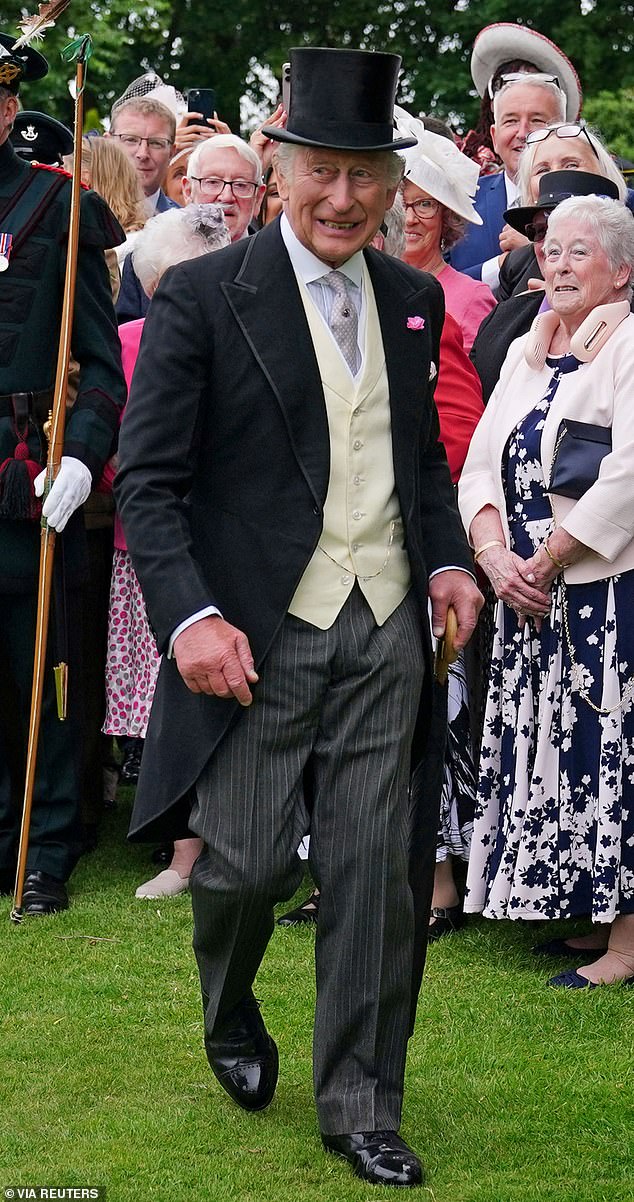Harvard's Magna Carta Revealed as Rare Original, Not a Copy

In a groundbreaking revelation, scholars have confirmed that a document long held by Harvard University is not a mere copy but an original Magna Carta, one of only seven surviving from King Edward I's 1300 issue. This discovery, made by experts from King's College London and the University of East Anglia, underscores the document's unparalleled significance in the annals of legal and constitutional history.
The Magna Carta, originally sealed by King John in 1215, is celebrated as the first written articulation of the principle that no one, not even the king, is above the law. Harvard's version, purchased in the 1940s for what would now be a modest sum, was previously catalogued as a copy. However, meticulous analysis of its dimensions and handwriting has now authenticated it as an original, linking it directly to the Confirmation of the Charters by Edward I.
Professor David Carpenter of King's College London, who played a pivotal role in this discovery, emphasized the document's importance. 'Harvard's Magna Carta deserves celebration, not as some mere copy, stained and faded, but as an original of one of the most significant documents in world constitutional history,' he stated. This finding not only enriches our understanding of the Magna Carta's legacy but also highlights the enduring relevance of its principles in contemporary legal systems.
The authentication of Harvard's Magna Carta as an original brings the total number of known surviving originals to 25, a testament to the document's rarity and historical value. As scholars continue to explore its implications, this discovery serves as a reminder of the Magna Carta's foundational role in shaping modern democracy and the rule of law. The document's journey from a misclassified copy to a celebrated original mirrors the evolving appreciation of our shared legal heritage.




